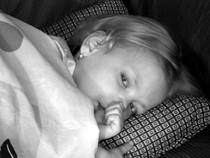![]() This site complies with the HONcode standard for trustworthy health information:
This site complies with the HONcode standard for trustworthy health information:
verify here.
Copyright © 2012 Psychology One. All rights reserved. This site is for education & information purposes. This site is not a substitute for professional psychological, medical or psychiatric treatment.
